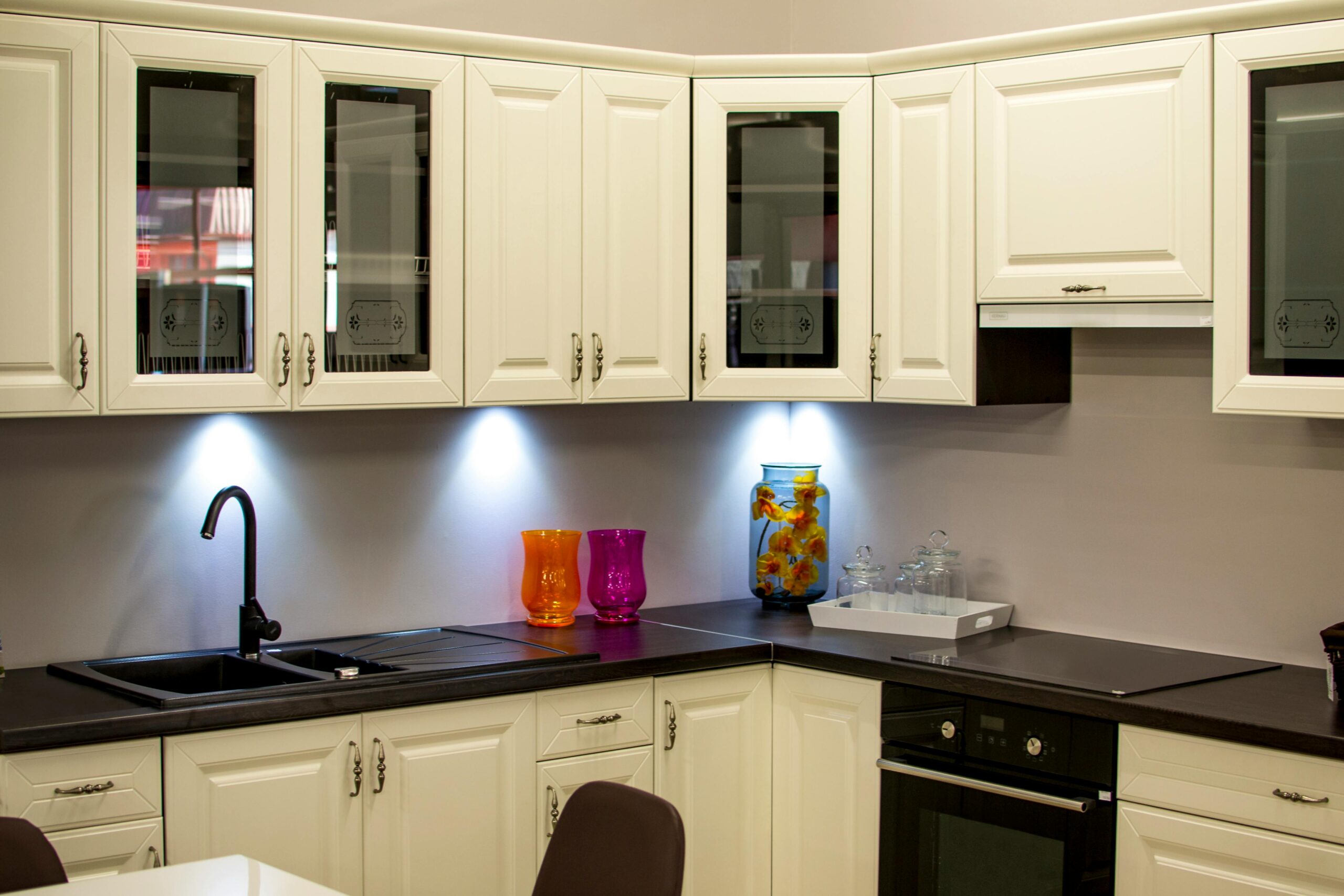How to Choose a Reliable Home Inspector in San Antonio
When you’re in the market for a new home in Alamo City, finding a reliable home inspector in San Antonio, TX, is just as crucial as finding the perfect house. Having helped numerous friends through their home-buying journeys, I’ve learned that the right inspector can be the difference between making a sound investment and inheriting someone else’s expensive problems.
Understanding the Role of Home Inspectors
Before we discuss how to choose the right inspector, let’s first understand what these professionals do. A home inspector is your detective, thoroughly investigating every nook and cranny of your potential new home to ensure you know exactly what you’re buying.
What Does a Home Inspector Do?
Think of a home inspector as a general practitioner for houses. They examine everything from the foundation to the roof, looking for current problems and potential issues that might arise in the future. This includes checking:
The structural components of the home, including the foundation, walls, and roof; All significant systems (electrical, plumbing, HVAC); The condition of windows and doors; Signs of water damage or pest infestation; Safety concerns like radon or carbon monoxide; The state of the attic and crawl spaces
Why Your Choice of Inspector Matters
When searching for a home inspector in San Antonio, TX, it’s essential to understand that not all inspectors are created equal. The difference between a thorough inspector and a mediocre one could mean discovering – or missing – issues that could cost thousands of dollars to repair.
The San Antonio Housing Market Context
San Antonio’s unique climate and geological conditions create specific challenges that your inspector needs to understand. Our combination of humid subtropical weather, occasional severe storms, and expansive clay soils can affect homes in ways that might only be obvious to someone with local experience.
Essential Qualifications to Look For
Licensing and Certification
Home inspectors must be licensed in Texas by the Texas Real Estate Commission (TREC). This is your baseline requirement – don’t even consider working with an unlicensed inspector. However, the best inspectors typically go above and beyond basic licensing requirements.
Experience Matters
While new inspectors can certainly be competent, there’s no substitute for experience, especially in a market as diverse as San Antonio’s. An experienced inspector will have seen hundreds, if not thousands, of homes and will know:
What problems are common in different San Antonio neighborhoods? How have local building practices evolved? Which issues are truly concerning versus minor cosmetic problems? The typical challenges faced by homes of different ages and styles
Continuing Education
The best inspectors always continue learning. Building materials, construction techniques, and home systems constantly evolve. Look for inspectors who regularly pursue continuing education beyond the minimum requirements for maintaining their license.
Critical Factors in Choosing Your Inspector
Reputation and Reviews
In today’s digital age, it’s easier than ever to research an inspector’s reputation. Look for:
Detailed reviews from past clients Feedback about their communication style Comments about their thoroughness Mentions of their willingness to answer questions
Inspection Report Quality
The inspection report is your permanent record of the home’s condition. Ask potential inspectors for a sample report to evaluate:
The level of detail provided The clarity of explanations The quality and quantity of photos included How well organized and readable the report is
Communication Style
A good inspector should be:
Patient with your questions Willing to explain their findings in terms you can understand Responsive to calls and emails Clear about what is and isn’t included in their inspection
Red Flags to Watch For
Pricing That’s Too Good to Be True
While cost is certainly a factor, be wary of inspectors whose fees are significantly lower than those of others in the area. A thorough inspection takes time and expertise—if someone is charging much less than the going rate, they might be cutting corners.
Rushed Inspections
A proper home inspection typically takes 2-4 hours, depending on the size and condition of the home. Be cautious of anyone promising to complete an inspection in significantly less time.
Limited Availability for Questions
If an inspector seems unwilling to answer your questions before the inspection, this could indicate poor customer service during and after the inspection.
Making the Most of Your Home Inspection
Before the Inspection
Once you’ve chosen your inspector, prepare by:
Make a list of specific concerns you want addressed, Ensuring all areas of the home will be accessible. Confirming whether you can attend the inspection (highly recommended)
During the Inspection
If you attend the inspection:
Take notes and photos for your reference. Ask questions about maintenance and potential future issues. Learn where important components like shut-off valves are located
After the Inspection
A good inspector will:
Provide a detailed written report within 24-48 hours. Be available to explain findings and answer questions. Offer guidance on which issues need immediate attention
Understanding the Inspection Report
Components of a Quality Report
A thorough inspection report should include:
Explicit descriptions of all systems and components inspected Photographs documenting both problems and important features Specific details about any deficiencies found Recommendations for repairs or further evaluation when needed
Prioritizing Issues
Not all problems are created equal. Your inspector should help you understand:
Which issues pose immediate safety concerns? What needs to be repaired soon versus later? Which problems are cosmetic versus structural? Estimated costs for necessary repairs
Special Considerations for San Antonio Homes
Age-Specific Concerns
San Antonio has homes ranging from historic to brand new. Different eras of construction present different challenges:
Historic homes may have outdated electrical or plumbing systems. Homes from the mid-20th century might contain asbestos or lead paint. Newer homes can have issues related to rapid construction
Climate-Related Issues
San Antonio’s climate creates specific challenges that your inspector should understand:
Effects of extreme heat on roofing materials Impact of humidity on various building materials Foundation issues related to soil expansion and contraction Proper ventilation requirements for our climate
Making Your Final Decision
Questions to Ask Potential Inspectors
When evaluating potential inspectors, consider asking:
How long have you been inspecting homes in San Antonio? What type of continuing education do you pursue? Can you provide references from recent clients? What does your inspection cover and not cover? How long will the inspection take? When will I receive the report? Do you carry professional liability insurance?
Timing Your Selection
Start researching inspectors before you find a home to buy. This allows you to:
Take your time evaluating different options. Check references thoroughly. Have someone ready when you need them. Avoid rushing into a decision under contract deadlines
The Value of a Good Inspector
Remember that the cost of a home inspection is minimal compared to your investment in a home. A thorough inspection by a qualified professional can:
Save you from expensive surprises. Give you negotiating power if issues are found. Help you understand your new home’s maintenance needs. Provide peace of mind about your purchase
Final Thoughts
Choosing the right home inspector in San Antonio, TX, is crucial in home-buying. Take the time to find someone thorough, experienced, and communicative. Remember that you’re not just hiring someone to inspect a house – you’re investing in expertise that will help you make one of your life’s most significant financial decisions.
Consider your inspector as a partner in your home-buying journey. The right professional will identify potential problems and help you understand the implications of their findings and what they mean for your future in the home. While it might take some extra time and effort to find the right inspector, the peace of mind and protection they provide make it well worth the investment.












Post Comment